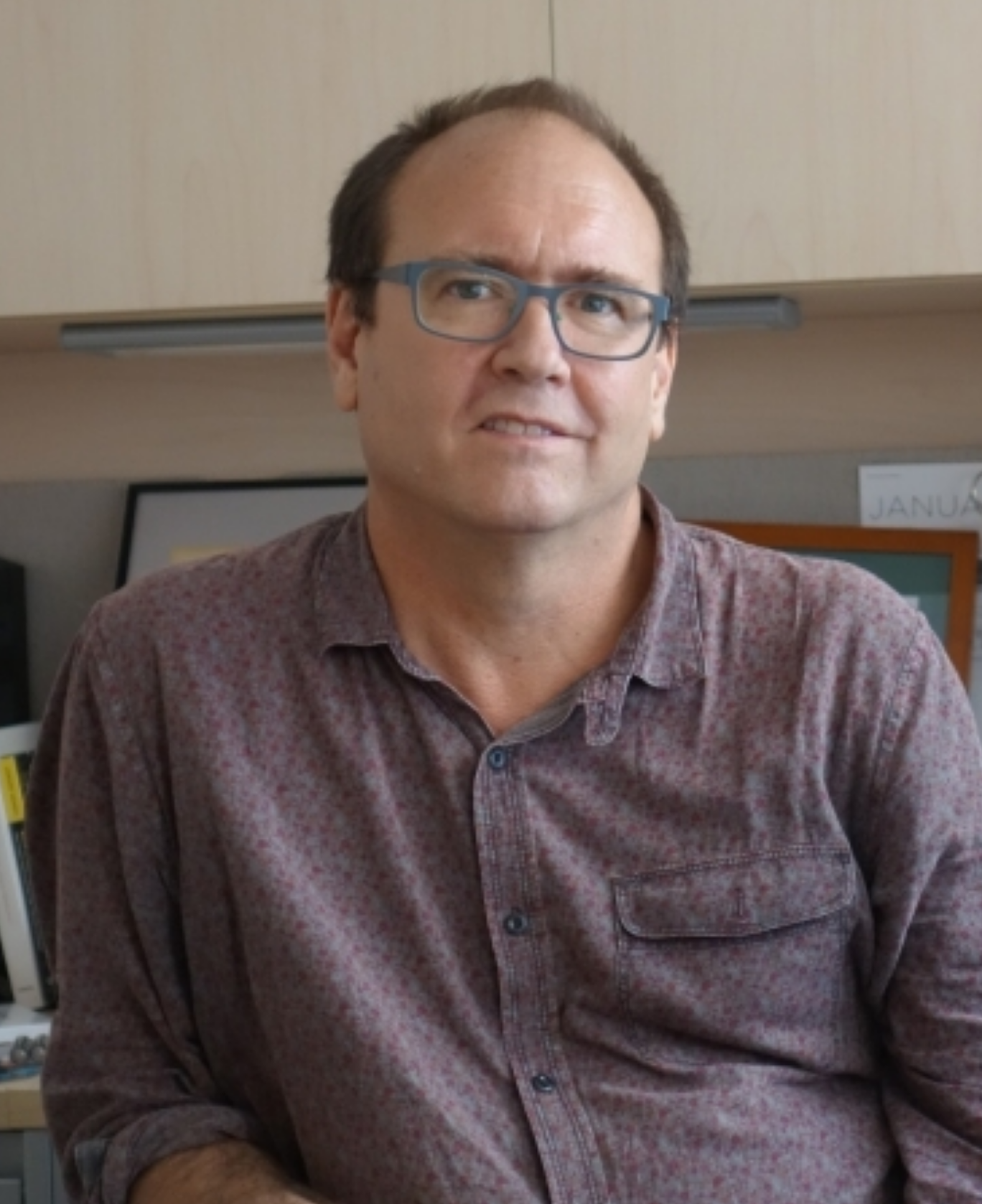Joel Braslow, M.D., Ph.D.
Frances M. O’Malley Endowed Chair in Neuroscience History
Professor, Psychiatry and Biobehavioral Sciences
Professor, History
Associate Director, Social Sciences Track, UCLA-Caltech Medical Scientist Training Program, David Geffen School of Medicine at UCLA
- Member, UCLA Brain Research Institute
- CTSI
- Consultant, RAND Corporation

Dr. Braslow is a psychiatrist and historian whose work focuses on the social, cultural, and scientific constitution of therapeutic practices in medicine and psychiatry. His work examines twentieth-century American psychiatric practices, employing historical and health services research methods. He has been a faculty member in the UCLA Department of Psychiatry and Biobehavioral Sciences since 1992, and the UCLA Department of History since 1996. Dr. Braslow received his M.D. from Loma Linda University and his Ph.D. in History of Science from UCLA. His first book, “Mental Ills and Bodily Cures,” examined the ways in which physicians employed somatic and biological therapies, and how these uses were shaped by social and cultural concerns. Currently, he is working on “Antipsychotic drugs: science, practice, and culture, a history of antipsychotic drugs” from the 1950s to the present. The primary aim of this project is to explore how social and cultural factors shape, and are shaped by, clinical and scientific practices. This project is funded by a National Institute of Mental Health (NIMH) Career Development Award and aims to integrate methods from history, anthropology, and health services research.
History of 20th American psychiatry; history of schizophrenia and public mental health care; contemporary public mental health policy
My research explores the social, cultural, historical, and scientific context of treatment practices for severe mental illness. Early in my research career, I focused on psychiatric treatment practices in the first half of the twentieth century. Over the last decade, my research increasingly shifted towards examining present practices and policies and, for the last five years or so, has focused on contemporary mental health services for severe mental illness.
Though I use a variety of methods, ranging from historical and ethnographic approaches to quantitative and survey-based methods, there is a fundamental continuity to my research. Specifically, I have aimed to understand the ways in which sociocultural values shape and become incorporated into clinical and scientific practices. Given that psychiatric illness is as much a disease of an individual’s social world as it is of his/her psychological and biological worlds, disentangling the social and cultural values that shape care and science has policy and clinical implications. Viewing the world through the bifocal lenses of a historian and a psychiatrist, I see my work as contributing to a broader conversation about the relationships between culture, history, medicine, and science on the one hand, and, on the other hand, providing clinicians and policy makers with alternative (and hopefully useful) ways to care for and treat those who suffer from severe mental illness.
Bromley E, Gabrielian S, Brekke BS, Pahwa R, Daly K, Brekke JS, Braslow JT. 2013. Experiencing Community: Perspectives of Those Diagnosed with Serious Mental Illness. Psychiatric Services 64, 672-679. [ link ]
Starks Sarah Linsley, Braslow Joel T. The making of contemporary American psychiatry, part 1: patients, treatments, and therapeutic rationales before and after World War II History of psychology, 2005; 8(2): 176-93.
